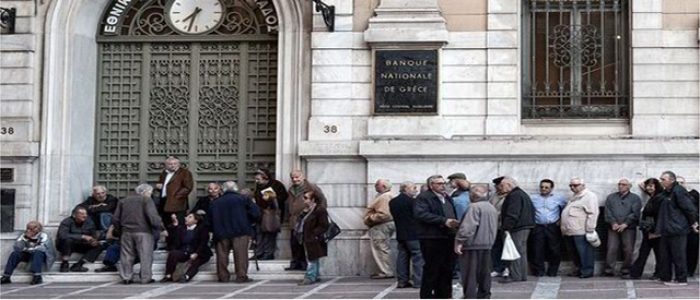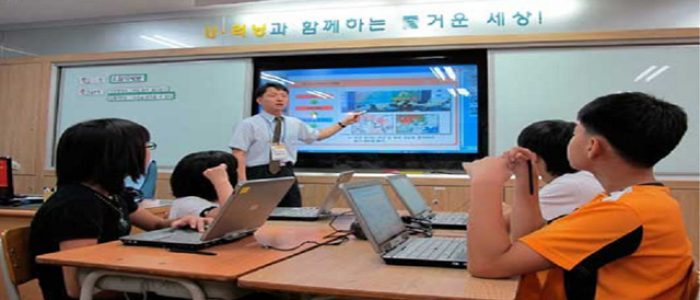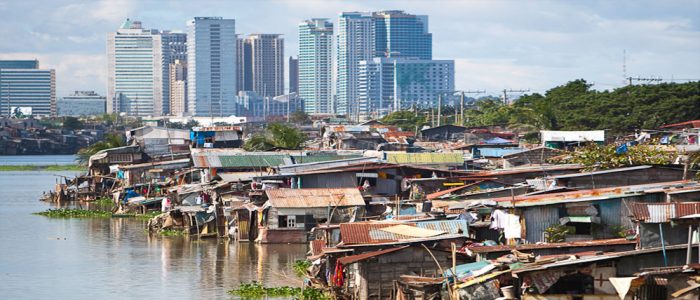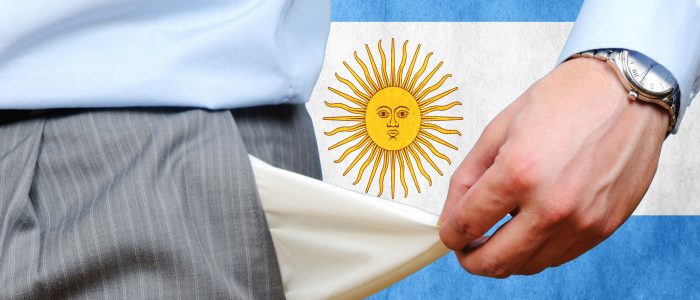When less means more: 10 facts about about Finnish model of education Education
The Finns live according to the principle of "less is more". Moreover, it’s the fundamental rule of the Finnish educational philosophy: fewer teachers, fewer classes, less testing. In contrast to the South Korea’s educational system, Finns encourage child's motivational perception to learn and acquire knowledge, rather than "study to the exams". Society trusts the system entirely and gives education respect and gratitude it deserves.
In our article you will learn some facts about Finland’s educational structure, which subsequently became the main instrument of total economy's transformation.
Taxes on pensions: how it works in other countries Social Welfare
In Ukraine, many complain about taxes on pensions. Is there similar approach to pensions in other countries?
Some Israeli lessons for Ukraine History
Israel today is one of the most developed countries in the world, despite the armed conflict in the country. However, at the end of 1970s – beginning of 1980s Israel was very much like Ukraine today: war, awful inflation, double-digit deficit, triple-digit debt, empty gold value reserves, threat of default, controlled National Bank, corruption, excessive state apparatus and unstable support from the US.
Who brought the state into such a condition and what steps saved Israel and made it into the first-world country in the situation of constant external threat – read in our article.
Greece’s solidarity movement: ‘it’s a whole new model – and it’s working’ Social Welfare
How can citizens help themselves and those in less favorable conditions in the situation of budget cuts, crisis and unemployment? In this article you can read about the experience of Greece - the country that became poor because of the recession and economy measures. More on the topic is introduced in "The Guardian": «Greece’s solidarity movement: ‘it’s a whole new model – and it’s working’». The article by Jon Henley was published on January 23, 2015. Follow the link and enjoy!
How to make it in South Korea? Education
Human capital can become the driving force for development of the country, even without vast natural resources. South Korea is a good example. The country where most of the population used to be illiterate, turned into economic giant having created such brands as Samsung, Hyundai, Daewoo and LG. Strict control on investments in education and their efficiency created a pool of professionals and helped to fully transform the economy.
In our article you will learn how South Korean experience can be useful for Ukraine and why increasing funding for education that is still based on the principle ‘diploma for the sake of diploma’ will not have the same result.
«Philippines lessons», or IMF and Philippines tax reform History
The Philippines are known in history as the country which had the longest run of IMF programs: 23 programs were started in this country during 1962 – 2000. In spite of this, since 1960s the Philippines demonstrate the worst economic growth in the region. According to the Human Capital Index, that indicates quality of life and access to education and healthcare, in 2013 the Philippines ranked 177 out of 187 countries. At the same time the country experienced high level of unemployment and critically low tax revenues. Why the country is called ‘sick Asian’ and why low tax burden along with international loans did not push for economic development of the Philippines – read in our article.
Social bonuses: how to earn without money and without local goverment? Social Welfare
In the previous article about social bonuses we wrote that significant part of the social services can be provided without significant budget expenditures. In the examples that we analyzed, local government played a significant role in designing and implementing projects with social bonuses. The question is, is this possible to do the same without the local government? The answer is ‘yes’.
Debts of silver country History
Argentine, “the country of silver”, was once a successful country. At the beginning of the 20th century it was one of the ten richest countries in the world. Argentine could easily become the Great Britain or even the United States of the South America. However, after the Second World War the country experienced several ways of inflation and defaults. So what caused the sharp decrease of economy of the country with such a good potential and vast natural resources? We suggest to our readers a translation of extract about the history of defolts in Argentina from “The Ascent of Money” by Niall Ferguson. Translation: Valeria Kotil, intern «Price of the State».
Complicated budget - 2016 Budget Analysis
The 2016 state budget adopted at night on December 25th had been a difficult decision. Basically, it’s not only the budget itself that was under adoption, but the wide package of comprehensive reforms to fiscal and budget legislation, which in turn regards each Ukrainian citizen. Although the majority of reforms proposed by the Government were not supported, the first necessary steps are made.
Budget Chronicles: ІІІd quarter 2015 Budget Analysis
In third quarter 2015 general budget revenues increased 55.4% y/y up, general budget spending increased 23.4% y/y.Total amount of budget surplus for the period of 9 months amounted to UAH 32.5 billion









